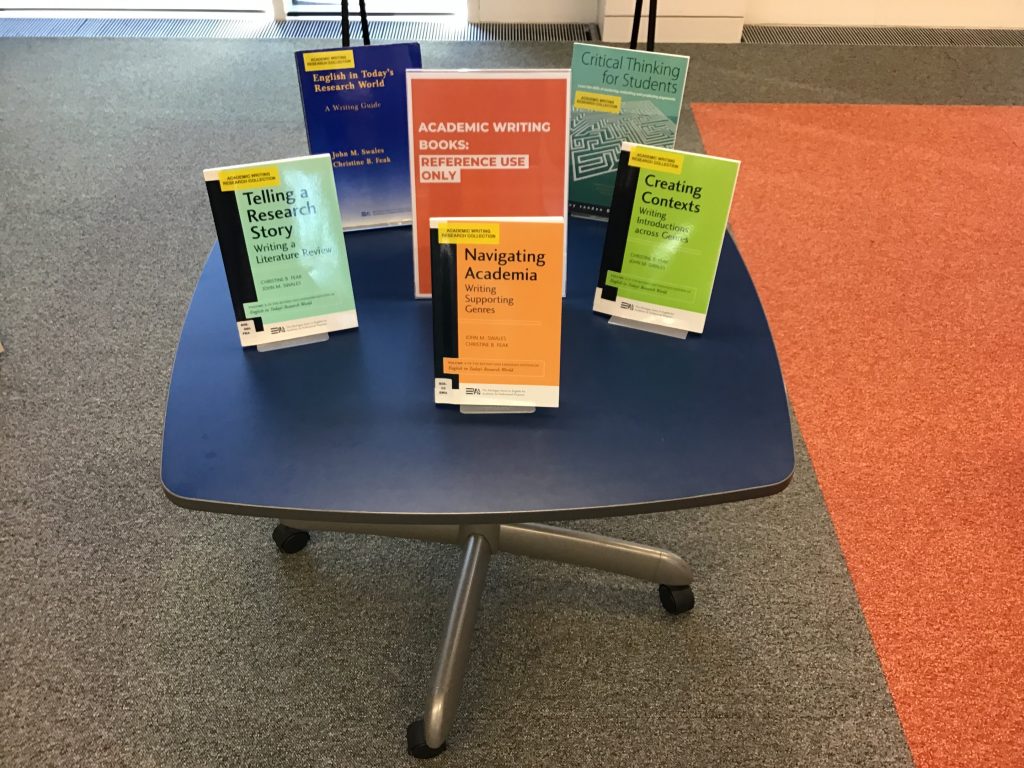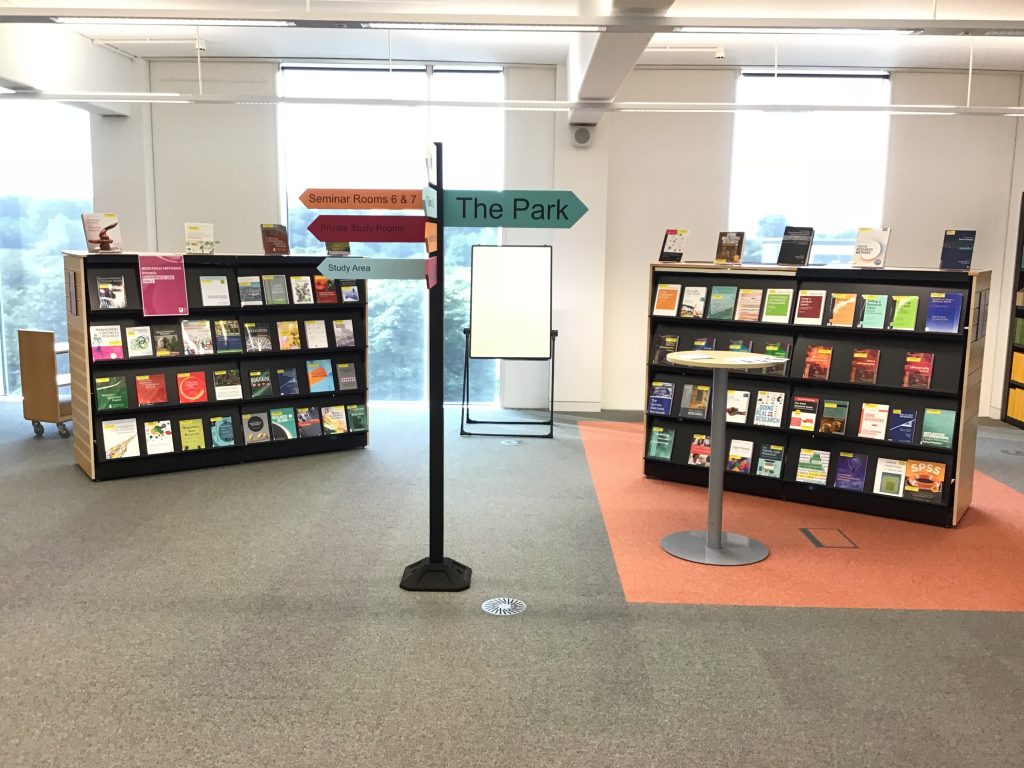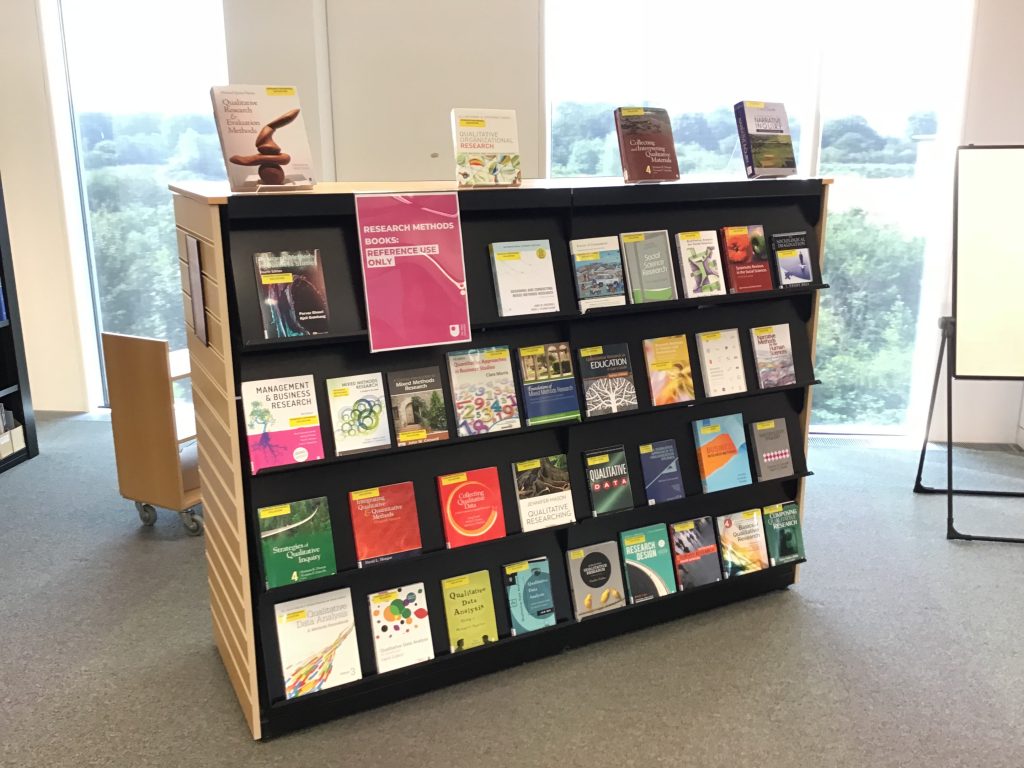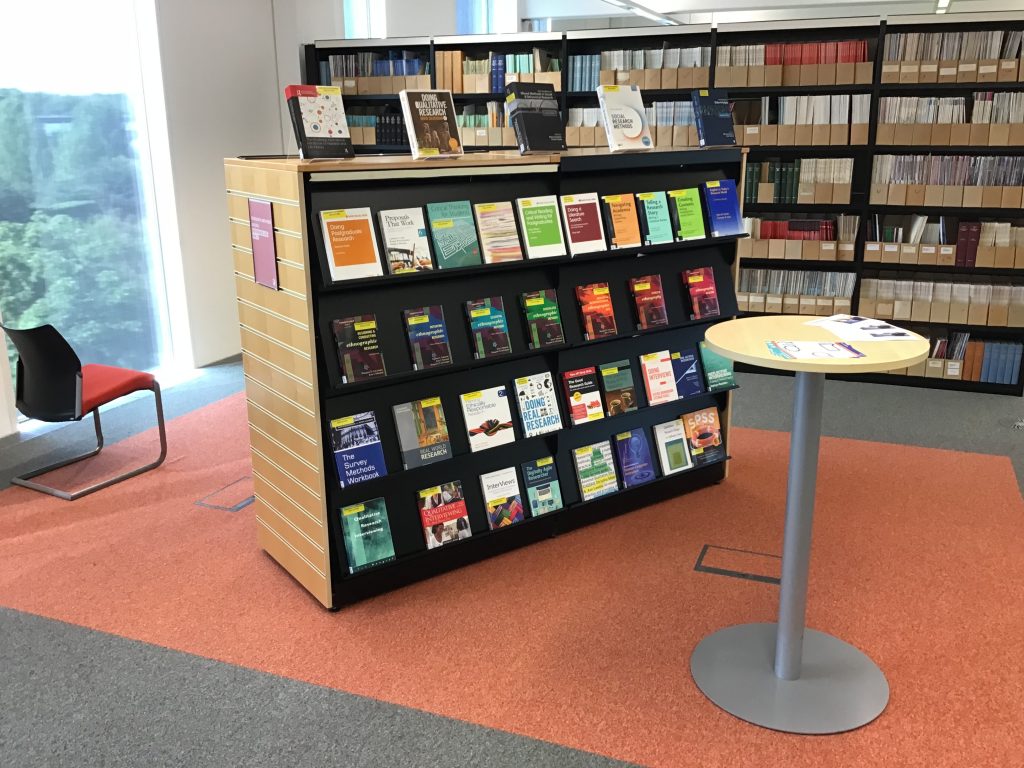We have a series of online training for OU postgraduate researchers, full details and sign-up information is below:
Literature Searching for Postgraduate Researchers 1 (online)
Mon, 7 October 2019
14:00 – 15:00 BST
Online access – via the Research Support online training room
This session involves reflecting on a model of the literature search process in order to (re)conceptualize literature searching, increase confidence with the process and assess the model in relation to your practice. We will then look at formulating and revising a search strategy in order to perform a systematic and comprehensive search – this includes choosing databases, choosing keywords and recording your searches.
Please note that you are required to undertake a brief exercise in advance of this session and be prepared to discuss your thoughts on the exercise in the session itself. Details of this exercise are on the booking page.
To book a place, please go to https://www.eventbrite.co.uk/e/literature-searching-for-postgraduate-researchers-1-online-tickets-73822925357
Literature Searching for Postgraduate Researchers 2 (online)*
Wed, 16 October 2019
15:30 – 16:30 BST
Online access – via the Research Support online training room
This session involves identifying techniques for narrowing and broadening searches and when to apply them in order to construct and revise a search strategy. We will then identify and reflect on means of saving and exporting search results, this will allow us to manage search results effectively and understand the benefits of doing so.
Please note that you are required to undertake a brief exercise in advance of this session and be prepared to discuss your thoughts on the exercise in the session itself. Details of this exercise are on the booking page.
To book a place, please go to https://www.eventbrite.co.uk/e/literature-searching-for-postgraduate-researchers-2-online-tickets-73824522133
Literature Searching for Postgraduate Researchers 3 (online)*
Mon, 21 October 2019
10:00 – 11:00 BST
Online access – via the Research Support online training room
This session involves analysing search results using the CRAAP framework in order to identify the most appropriate papers on a topic and revise your search strategy. We will then describe and apply a scoping search process in order to establish the extent of the literature that exists on a topic.
Please note that you are required to undertake a brief exercise in advance of this session and be prepared to discuss your thoughts on the exercise in the session itself. Details of this exercise are on the booking page.
To book a place, please go to https://www.eventbrite.co.uk/e/literature-searching-for-postgraduate-researchers-3-online-tickets-73825523127
*Note – Advanced literature searching 1, 2 and 3 are designed to complement each other. You are very welcome to attend (or watch the recordings of) whichever of the sessions you need but please note that familiarity with content from previous sessions will be assumed and won’t be recapped in detail.
We look forward to seeing you at the training!!






